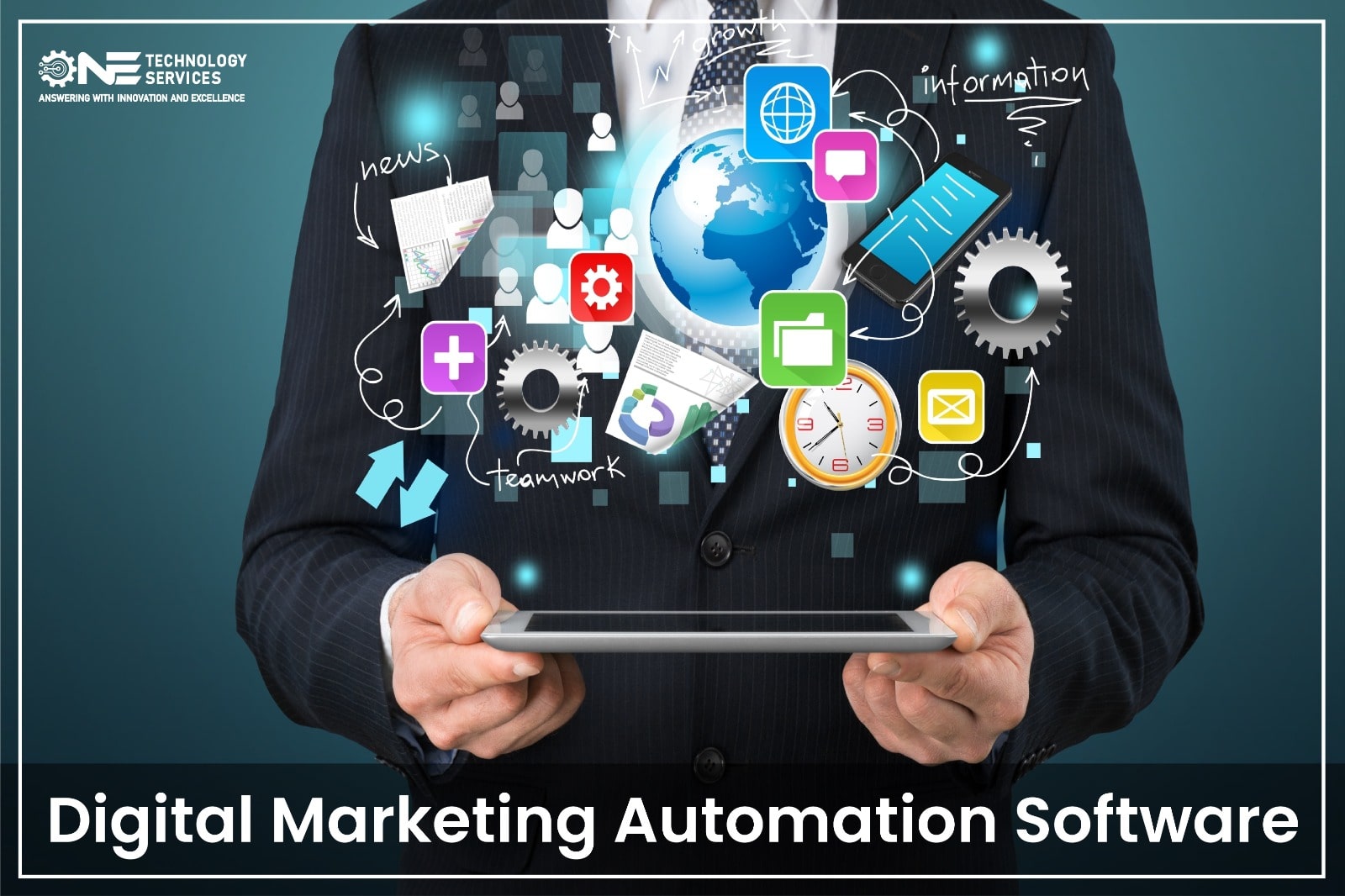In today’s fast-paced digital landscape, businesses are constantly seeking innovative ways to streamline their marketing efforts and maximize their ROI. One such groundbreaking solution is marketing automation software. In this comprehensive guide, we will delve into the intricacies of marketing automation software, exploring its features, benefits, and industry trends.
What is Marketing Automation Software?
Marketing automation software is a sophisticated technology that empowers businesses to automate, streamline, and optimize their marketing processes across various digital channels. It is a powerful tool designed to enhance efficiency, increase lead generation, nurture customer relationships, and ultimately boost revenue.
What is the Best Marketing Automation Tool?
Selecting the best marketing automation tool is a critical decision for any business. The choice depends on your specific requirements, budget, and scalability. Some of the renowned marketing automation platforms that have consistently proven their worth include:
- HubSpot: HubSpot is celebrated for its all-in-one marketing automation, CRM, and sales tools. Its user-friendly interface and comprehensive features cater to businesses of all sizes.
- ActiveCampaign: ActiveCampaign specializes in email marketing automation and boasts features such as dynamic content and site tracking.
- Marketo (Adobe): Marketo, part of Adobe, is ideal for enterprise-level businesses, offering advanced marketing automation, analytics, and lead management.
- Mailchimp: Widely known for email marketing, Mailchimp also offers automation capabilities, making it an excellent choice for small and medium-sized businesses.
- Pardot (Salesforce): Pardot, a Salesforce product, excels in B2B marketing automation and integrates seamlessly with Salesforce CRM.
- Zoho MarketingHub: Zoho’s solution combines marketing automation with CRM, making it suitable for smaller businesses looking for an integrated platform.
What is an Example of Automation in Digital Marketing?
Automation in digital marketing encompasses various tasks, allowing businesses to streamline their operations. One common example is email marketing automation:
Imagine you have an online store. With marketing automation software, you can set up a series of automated emails to engage customers. This includes welcome emails when a user subscribes, personalized product recommendations based on their browsing history, and abandoned cart reminders. Such automation saves time, increases customer engagement, and drives sales.
How Do You Automate a Digital Marketing Business?
To successfully automate a digital marketing business, follow these strategic steps:
- Define Your Goals: Clearly articulate your marketing objectives and key performance indicators (KPIs) to determine which processes to automate.
- Select the Right Tools: Choose a marketing automation tool that aligns with your business goals and budget.
- Segment Your Audience: Create detailed buyer personas and segment your audience to deliver personalized content and messaging.
- Content Creation: Develop high-quality, engaging content tailored to your target audience.
- Automate Routine Tasks: Utilize marketing automation software to schedule social media posts, send email campaigns, and manage pay-per-click (PPC) advertising.
- Implement Lead Scoring: Score leads based on their interactions to prioritize follow-ups and tailor content accordingly.
- Analyze and Optimize: Continuously analyze data and adjust your automation strategies to improve results.
What is CRM in Marketing Automation?
CRM, or Customer Relationship Management, plays a pivotal role in marketing automation. It involves managing and nurturing customer relationships throughout their journey. A CRM system stores customer information, interactions, and history, enabling businesses to personalize marketing efforts, provide exceptional customer service, and make data-driven decisions.
Which is the Trending Marketing Automation Tool?
The landscape of marketing automation tools is dynamic, with trends constantly evolving. As of my last knowledge update in September 2021, HubSpot, ActiveCampaign, and Mailchimp were trending options. However, it’s crucial to conduct up-to-date research to identify the latest tools aligning with your specific needs and industry trends.
What is B2B Marketing Automation?
B2B marketing automation focuses on automating marketing efforts tailored to business-to-business (B2B) companies. This involves lead generation, lead nurturing, email marketing, and account-based marketing (ABM) to target other businesses as customers. B2B marketing automation tools often integrate seamlessly with CRM systems to manage complex sales cycles and multiple decision-makers involved in B2B purchases.
In conclusion, marketing automation software is a cornerstone of modern digital marketing, empowering businesses to efficiently reach their target audience, nurture leads, and drive revenue growth.
By selecting the right tool, implementing effective strategies, and staying attuned to industry trends, you can harness the full potential of marketing automation to propel your business forward in the competitive digital landscape.
